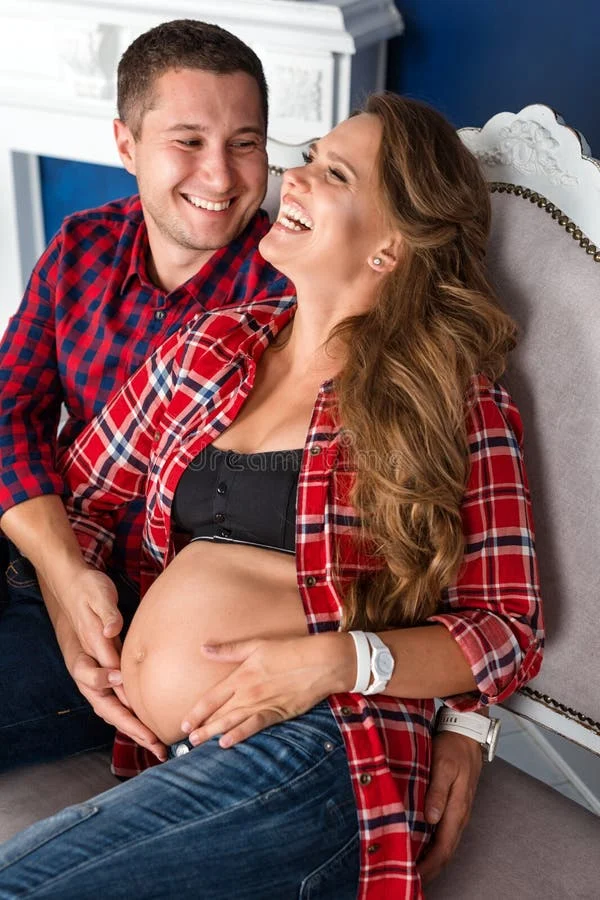For the first 32 years of my life, I prided myself on being an overachiever. I was driven to excel academically, maintain a flawless driving record, and even conquer every level of Candy Crush. As my daughter’s due date approached, I envisioned raising a prodigy who would grasp her colors before her first birthday and devour chapter books by age four—okay, maybe five. I was willing to be a little patient.
During her first year, I eagerly marked off each milestone, celebrating her accomplishments as she surpassed the typical expectations set by so-called experts. She had a full set of baby teeth by 17 months—clearly destined for greatness. Rolling over, sitting up, eating solids, walking—I was already looking into flights to Stockholm for her future Nobel Prize ceremony!
Then, a few weeks before her first birthday, we spent time with a friend’s son who was a few months older and already navigating the alphabet. My competitive spirit surged. If he could do it, so could she! Yet, when 15 months came and went, my daughter still hadn’t uttered a single word.
By 18 months, while her friends were showcasing their vocabularies filled with animal names, family members, and favorite TV characters, my daughter had made a few attempts at “Momma,” but it sounded more like “Mamamamamama.” Why were words eluding her? She should be talking by now. Medical professionals reassured me that she was just a late bloomer, that many kids don’t start talking until age two. But waiting was not in my nature—I wanted to amaze our friends at her second birthday party with her recitation of the Pledge of Allegiance.
After she turned two, we began to investigate further. We encountered terms like “autism” and “deafness.” We visited various specialists, from ear doctors to therapists, until we finally received a diagnosis that made sense: apraxia. I had to come to terms with the fact that my daughter wouldn’t be the youngest in her Sunday school to recite the alphabet backward. In fact, she wouldn’t speak any recognizable words until after her third birthday. It took six months of speech therapy just for her to grasp the letter “B.”
This journey of apraxia has truly challenged my overachieving tendencies. It felt like my hopes and dreams for her crashed down. How could I help her master 200 sight words before kindergarten if I couldn’t understand her? How would I know if she could count to 100 when her speech consisted mostly of vowels? How could she deliver a valedictorian speech if she struggled to articulate her thoughts?
Now, eight months after the diagnosis, this spirited little girl has taught me to accept that she is on her unique timeline. All the accolades I once envisioned for her might never materialize. With apraxia, we don’t have a structured milestone calendar—it’s all unpredictable. This uncertainty is difficult for someone like me who thrives on achievable goals. I long for measurable milestones and expert predictions on when my daughter might catch up to her peers, even though deep down, I understand she may never do so.
Yet, I’ve realized that her greatest achievement won’t be the day she finally pronounces a word with a consonant. To me, she’s already exceeding expectations. Every day, she faces a challenge that complicates one of the most fundamental human abilities—speech. Instead of being embarrassed by her condition, she embraces it. She’s aware, but she doesn’t hide. She’s a social butterfly, adores singing, loves books, and makes friends wherever she goes.
Her diagnosis has taught me to slow down and savor her life as it unfolds. I’ve learned to release the image of who I thought she should be and celebrate who she truly is. I refuse to waste precious moments wishing for a childhood I envisioned for her. Instead, I want to walk alongside her, at her pace and in her time.
The road ahead with apraxia may be long, but who knows? There could still be a valedictorian speech waiting for her at the finish line. For more insights on related topics, check out this post on intracervical insemination. If you’re looking for at-home options, Make A Mom offers excellent syringe kits for artificial insemination. Additionally, for detailed information about intrauterine insemination, visit Healthline.
In summary, while my daughter’s journey with apraxia has been fraught with challenges, it has also been filled with valuable lessons about patience and acceptance. I’ve learned to appreciate her for who she is, rather than who I hoped she would become.

Leave a Reply